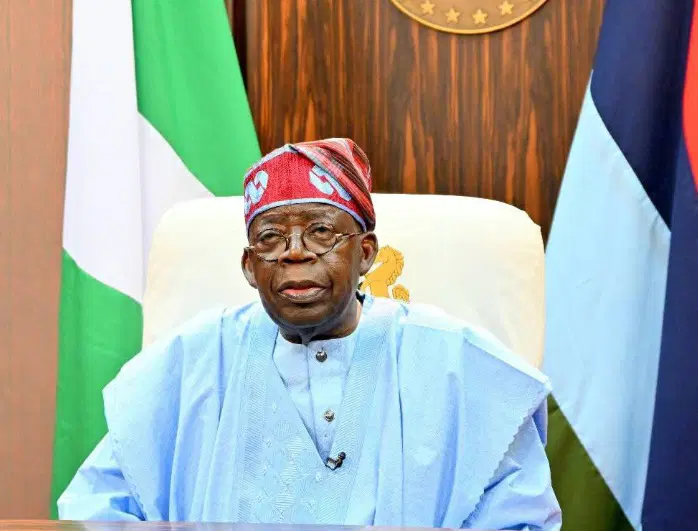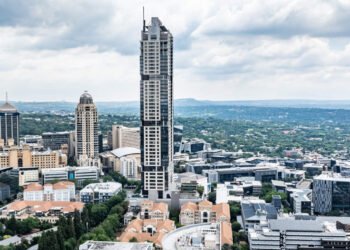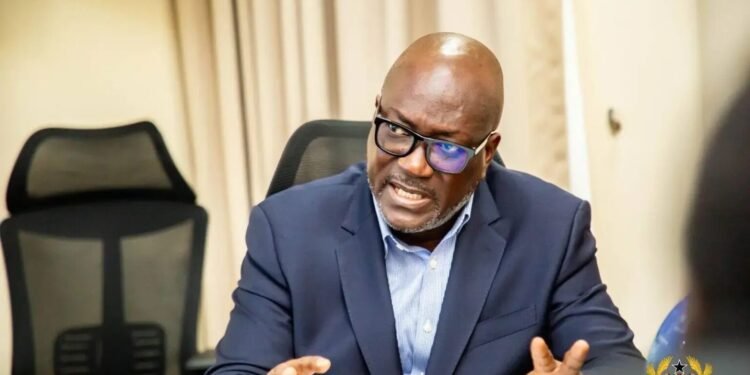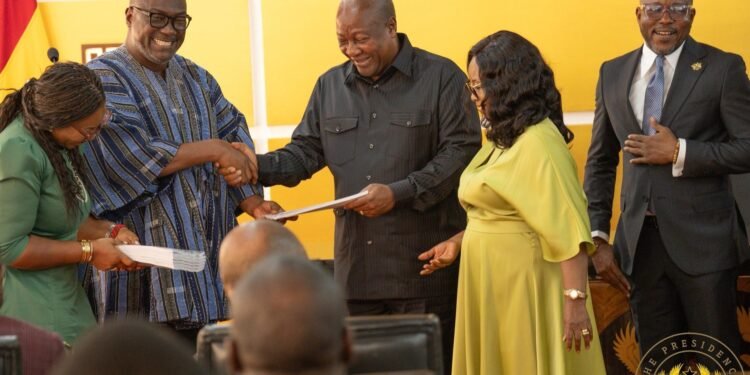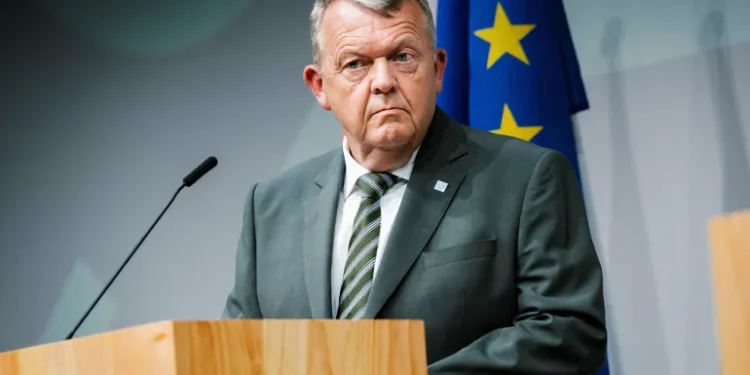Nigerian President Bola Tinubu declared on Wednesday that the “worst is over” following a series of harsh economic reforms that have left millions grappling with surging costs and widespread poverty.
Marking the nation’s 65th Independence Day with a televised address, Tinubu defended his administration’s controversial decision to scrap fuel subsidies and unify the foreign exchange rate. Those measures, which sparked inflation and deep public anger, were, according to him, necessary to “reset” the economy for long-term recovery.
“Less than three years later, the seeds of those difficult but necessary decisions are bearing fruit,” Tinubu said. He pointed to second-quarter GDP growth of 4.23%, the fastest pace in four years, and a decline in inflation to 20.12% in August, the lowest in three years.
The president highlighted government disbursement of 330 billion naira ($222.9 million) to eight million vulnerable households through its social investment programme, alongside major infrastructure expansions across roads, railways, airports, and seaports.
Critics, however, have raised questions about transparency. A recent announcement by the finance minister regarding the payouts sparked demands for a public register of beneficiaries, with opposition figures insisting accountability remains absent.
Tinubu Counters Doubts With Fiscal Progress
Despite the upbeat tone, the IMF’s latest Article IV assessment warned of persistently high inflation and worsening poverty across the country. Over 129 million Nigerians, more than half the population, live below the poverty line, while donor funding cuts have forced the World Food Programme to shut down 150 nutrition centres in the conflict-torn northeast.
Tinubu countered such fears by stressing progress on external reserves and fiscal health. According to him, reserves rose to $42.03 billion in September, the highest level since 2019, while Nigeria has recorded consistent trade surpluses, signaling renewed investor confidence.
The president added that the debt service-to-revenue ratio had dropped dramatically, giving the government more space to channel funds into health, education, infrastructure, and welfare programmes.
“We have restored Fiscal Health: Our debt service-to-revenue ratio has been significantly reduced from 97% to below 50%. We have paid down the infamous ‘Ways and Means’ advances that threatened our economic stability and triggered inflation.”
President Bola Tinubu
Tinubu also praised the removal of the petroleum subsidy, describing it as a bold but necessary step that freed “trillions of Naira for targeted investment in the real economy and social programmes for the most vulnerable, as well as all tiers of government.”
Oil Output Rises, Refineries Restart Operations
Energy reform stood out in his remarks. The president announced crude oil production had risen to 1.68 million barrels per day, up from just one million in May 2023. He attributed the rebound to improved security, fresh investments, and better stakeholder engagement in the Niger Delta.
“Oil production rebounded to 1.68 million barrels per day from barely one million in May 2023. The increase occurred due to improved security, new investments, and better stakeholder management in the Niger Delta.”
President Bola Tinubu
He further celebrated the resumption of domestic petrol refining after four decades, a development he said would strengthen Nigeria’s energy security and reduce dependence on imports. He noted that the country had also become the continent’s leading exporter of aviation fuel.

Tinubu underlined progress on flagship projects such as the Lagos–Calabar Coastal Highway and the Kano–Maradi rail line, describing them as transformative investments set to boost trade, create jobs, and improve connectivity.
Youth Empowerment At The Center
Addressing young Nigerians, Tinubu praised their resilience and innovation, pointing to initiatives like iDICE, student loan schemes, and creative industry funds as deliberate measures to empower the next generation.
“I have a message for our young people. You are the future and the greatest assets of this blessed country. You must continue to dream big, innovate, and conquer more territories in your various fields of science, technology, sports, and the art and creative sector.”
President Bola Tinubu
He added that the National Education Loan Fund (NELFUND) had supported 510,000 students across 228 higher institutions nationwide, disbursing N99.5 billion in loans and N44.7 billion in upkeep allowances by early September.
“Our administration, through policies and funding, will continue to give you wings to fly sky-high,” Tinubu assured.
READ ALSO: Sam George Clarifies Misinformation Bill, Rejects Social Media Regulation

